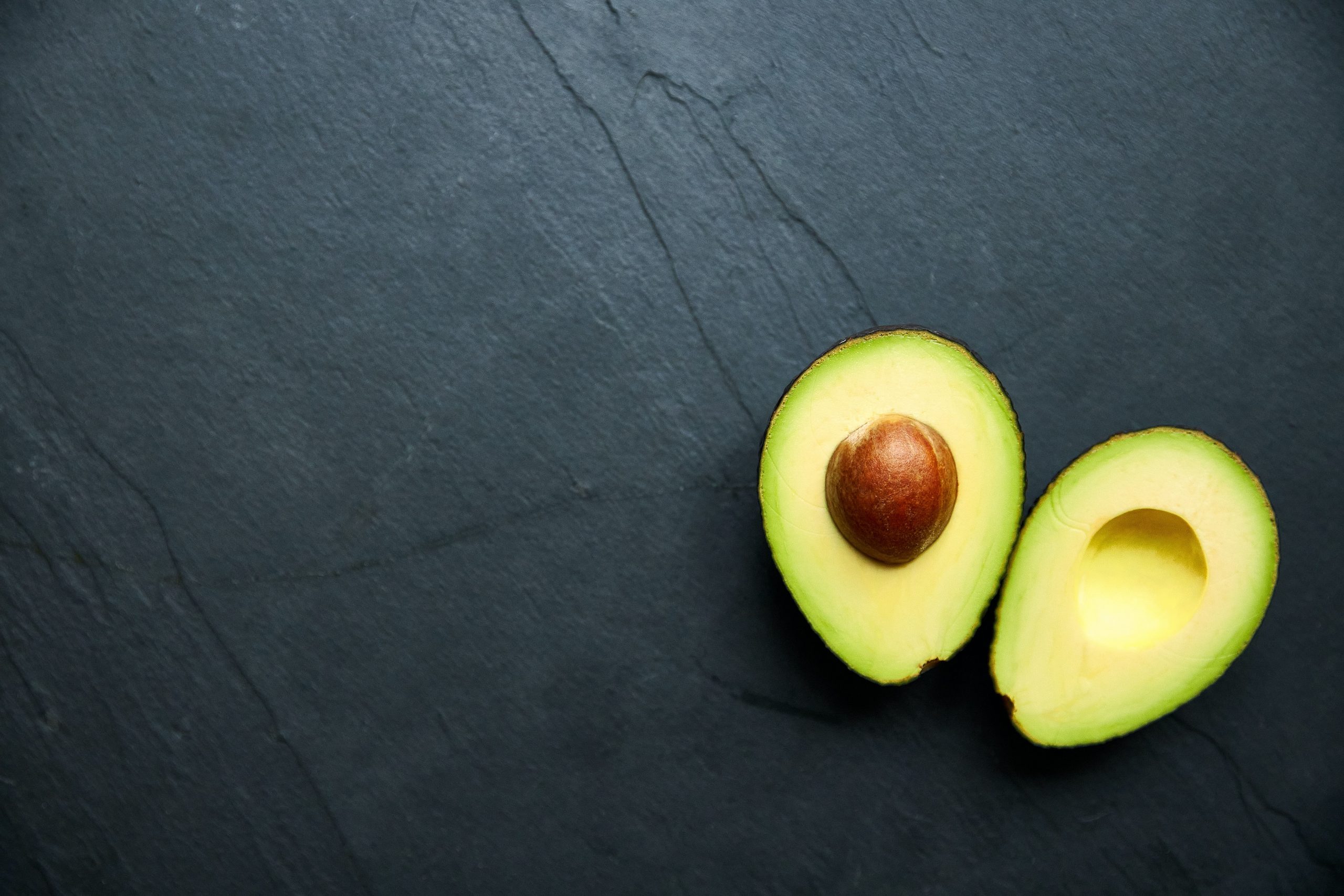While they’re delectable, creamy, and absolutely Instagram-worthy, avocados leave a huge carbon footprint as they require 320l of water each to grow and “are in such global demand they are becoming unaffordable for people indigenous to the areas they are grown in”, Thomasina Miers, co-founder of the Mexican restaurant chain Wahaca, told Guardian.
Also Read | Experiencing hair fall? Add these food items to your diet for healthy growth
For a long time, the chef has sought to strike a balance between the damaging environmental impact of avocado production and her customers’ guacamole cravings. She now believes she has discovered the solution: a colourful, green guacamole-inspired dip prepared with fava beans, green chilli, lime, and coriander.
Also Read | Here are 3 foods to eat and avoid if you are diabetic
The Wahacamole dip debuted last month, but Wahaca isn’t the first restaurant to limit its avocado use. Aldo Camarena, a Mexican chef in Toronto, recently proposed a guacamole substitute made with courgette and pumpkin seed paste. Last year, chef Santiago Lastra of Kol, a Mexican restaurant in London, put a guacamole-style dip made from pistachios and fermented gooseberries on the menu. JP McMahon, an Irish restaurant, dubbed avocados the “blood diamonds of Mexico” in 2018 and prepared a guacamole alternative made with Jerusalem artichokes.
It is not just the restaurant industry that has been talking about it. Calum Harris (AKA @madebyblitz), a TikTok star, received 371,000 likes on his recipe for “guacamole” made with frozen peas last month, while the hashtag #noavocado on Instagram has 3,220 posts and counting.
“A few years ago, I was quite well known for my use of avocados in my cooking – so much so that I dedicated a whole Instagram account (@avodaily) to my love for them,” vegan cookery writer Bettina Campolucci Bordi told Guardian. She made the decision to cut back when she relocated to the UK from Spain, where she could get avocados locally. “My favourite recipe to date uses British peas instead. I blanche the peas before crushing them and mixing them with plant-based sour cream, salt and pepper, a little grated garlic and a spritz of lemon juice.”
“Wahaca’s decision to offer an alternative to guacamole is perhaps the clearest indication to date that parts of the food industry are beginning to wake up to the enormity of the issues we face as a result of intensive farming”, said Tim Lang, a professor of food policy at the City University of London.
Avocados have become a “global commodity crop”, he said, the perfect example of what happens when “an exotic food becomes normalised with no thinking through of the consequences.” Problems including deforestation, biodiversity loss, and water scarcity mean that “the communities growing them do not have enough water for washing and hygiene”, added Lang.
Avocados, as well as their derivatives, avocado oil and avocado butter, which are vital in gluten-free and vegan baking and are challenging to replace. Plus, for many avocado lovers, a dip made from beans, nuts, seeds, or vegetables is no substitute for guacamole, any more than smashed wide beans on bread is. Wahaca responded to the concerns by stating that “a traditional, freshly made guacamole” will remain on the menu, with all avocados “sourced at the most sustainable levels possible.”







